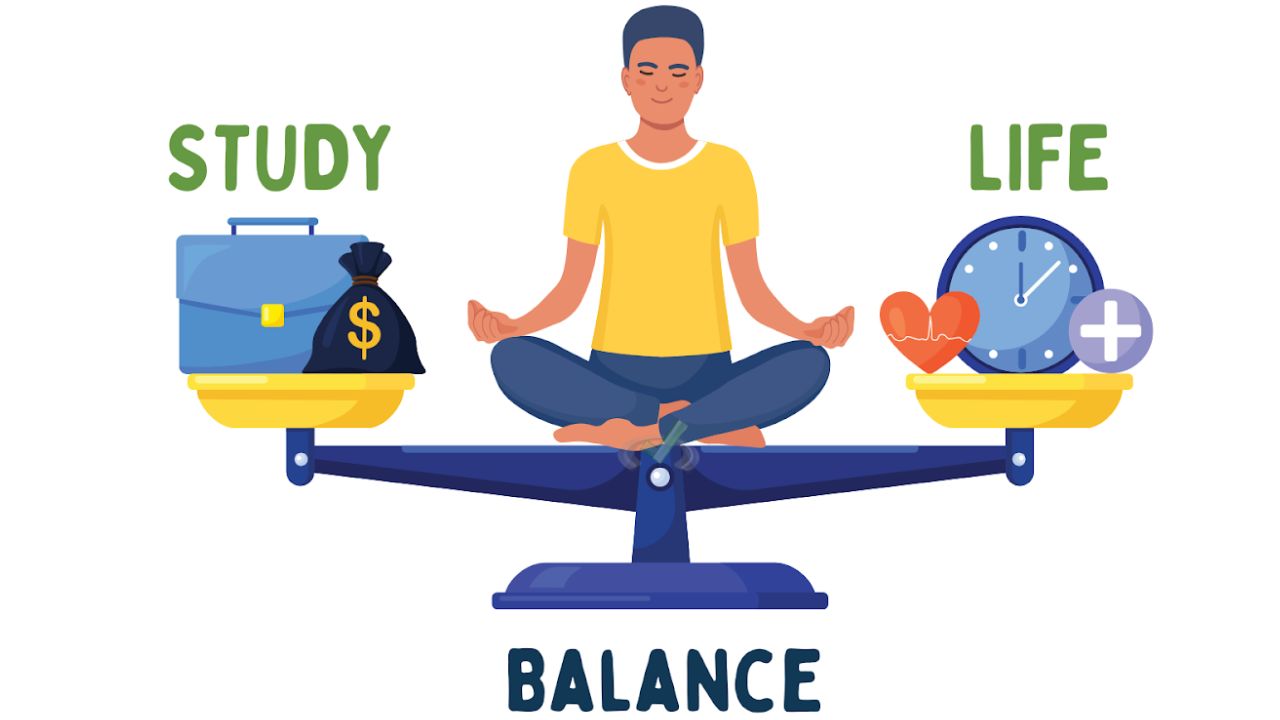
NCLEX is no walk in the park, and how you prepare plays a massive role in whether you pass or not. But there’s one tricky question everyone seems to ask: how many hours a day to study for the NCLEX? Study too little, and you could miss some key content. Study too much, and you’ll fry your brain.
So, how do you find the sweet spot? Let's get into it. I'll help you figure out the best study hours, tell you how to plan your time well, and avoid burning out. Seriously, overdoing it is not the way to go.
How Many Hours a Day Should You Study for the NCLEX?
So, let’s get right to it: how many hours a day to study for the NCLEX? There’s no one-size-fits-all answer, but most people find success sticking to 3 to 5 hours of focused study time.
General Recommendations
The secret here is being consistent. Keeping up every day, and over time, those hours will add up. You’ll be surprised how much more effective 5 focused hours are compared to a marathon 10-hour session.
Breaking Down Your Study Plan: Don’t Just Cram, Study Smart

Let’s talk about structuring those hours. Sure, 3 to 5 hours sounds simple enough, but what should you actually be doing with that time? The idea is to study smart. A well-organized study plan can make all the difference.
Morning Sessions: Start with Your Weak Points
Mornings are magic for most people. You’re fresh, you’re alert—perfect time to tackle your hardest subjects. If pharmacology sends you running for the hills, spend your morning drilling those medications and side effects into your brain.
Midday: Focus on Practice Questions
By midday, switch gears. It’s time to apply what you’ve been learning. Practice questions are essential because they mimic the NCLEX style.
Plus, they train your brain to think critically. Spend an hour or two working through NCLEX-style practice questions.
Afternoon: Review and Retention
In the afternoon, shift to a more laid-back review. This is where you can go over your notes, flashcards, or use apps like Anki to cement what you’ve learned. It’s a chill way to wrap up your study day while still being productive.
Can You Study Too Much for the NCLEX?
Yes, you absolutely can. Let’s be real, more hours don’t always lead to more success. Burnout is real. It happens when you push too hard, and suddenly, your brain shuts down.
Burnout doesn’t just leave you exhausted, it makes you forget things you thought you had mastered. Your brain can only take so much before it taps out. So, don’t push yourself too hard. The NCLEX is a marathon, not a sprint.
The Burnout Warning Signs
So, yes, study smart. But don’t burn yourself out trying to cram every single piece of knowledge into your brain. It’s just not going to stick if you’re exhausted.
How Long Before the NCLEX Should You Start Studying?
When should you start prepping? Glad you asked. Plan to start studying 8 weeks before your NCLEX exam. It helps you avoid cramming and spreads out your study time.
A Sample 8-Week Study Plan
Starting early helps you stay calm. It gives you enough time to learn and build confidence without any last-minute stress.
Balancing Study Time with Life: Don’t Forget to Rest!

Studying for the NCLEX can feel like a full-time job, but guess what? Life doesn’t stop. You still need to eat, sleep, and take care of yourself. That balance is crucial to making sure you don’t lose your mind.
How to Mix Study and Self-Care
Taking care of yourself isn’t a luxury. It’s necessary if you want to do your best. Trust me—studying for 5 hours is a lot more effective when you’re well-rested than 10 hours on a burnout.
What About Test Day? Here’s How to Prepare for the NCLEX Itself
Okay, test day is finally here! You’ve prepped for weeks, you’re ready to roll. Now what? Let’s make sure you’re feeling good going into it. The night before and the day of your test can make a big difference.
The Night Before the Exam
On Test Day
Conclusion: Finding Your Perfect NCLEX Study Balance

So, how many hours a day to study for the NCLEX? 3 to 5 hours of focused study is the sweet spot. It’s the right balance between learning and not burning out.
Keep your study sessions focused, break your time into manageable chunks, and take care of yourself along the way. The secret sauce here is consistency. If you can stick to a plan and give yourself enough time, you’ll go into test day feeling ready and confident.
The NCLEX is a big deal, but it doesn’t have to be overwhelming. You’ve got this—just remember to study smart, take breaks, and stay balanced. Good luck, future nurse! You’re going to crush it.
